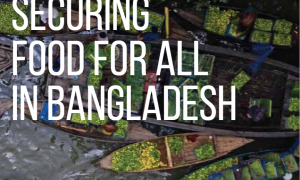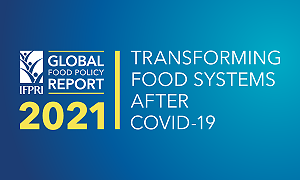The impacts of COVID-19 on migrants, remittances, and poverty in China: A microsimulation analysis
Chinese migrant workers are very exposed to the shocks caused by the COVID-19 pandemic. Falling remittances adversely affect their families who rely on remittance incomes.


